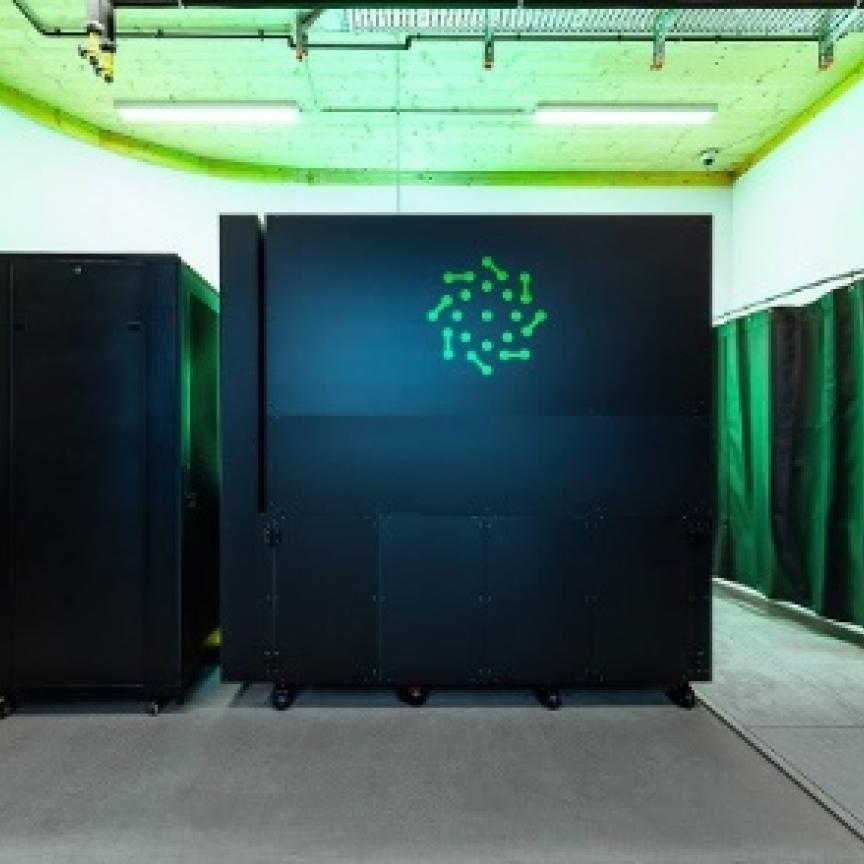Through a new partnership, the US National Science Foundation and the National Science and Technology Council of Taiwan (NSTC) have invested $6 million in six joint projects for fundamental research on advanced semiconductor chip design and fabrication.
The new awards will support collaborations between US and Taiwan-based researchers on the design and fabrication of innovative semiconductor chips using the advanced processes available in Taiwan's semiconductor foundries. NSF has provided $3.0 million to the U.S. researchers involved. The partnership is guided by the Memorandum of Understanding and Implementing Arrangement for Cooperation in Advanced Semiconductor Chip Design and Fabrication, signed by the American Institute in Taiwan and the Taipei Economic and Cultural Representative Office in the United States.
"Through this pilot partnership that expands access to state-of-the-art facilities, science and engineering funding agencies will enable researchers in the U.S. and Taiwan to advance knowledge and prepare the workforce for future semiconductor chip design and fabrication," said Susan Margulies, NSF assistant director for Engineering.
The six projects are:
- 240-GHz Energy-efficient CMOS MIMO Radar, University of California, Berkeley.
- Co-design of Novel Electronic-photonic Systems for Energy-efficient Coherent Optical Interconnects, Texas A&M University.
- On-chip CMOS-MEMS Infrared Spectroscopy Systems, University of California Davis
- Real-time Optimization of Transceiver Systems, Virginia Tech.
- Runtime Reconfigurable Array Technology for AI/ML, UCLA.
- Ultrafast, low-power AI chip with a new class of MRAM for learning and inference at edge, Stanford University.
Advanced chip designs promise to lower energy consumption of microelectronic devices and systems, reduce the environmental impacts of manufacturing and increase performance measures such as speed, capacity and security. Applications include artificial intelligence, communications, computing and sensing.
"Combining Taiwan's capabilities in manufacturing of integrated circuits and U.S. advantages in chip design, this collaboration will be a driving force in advanced technology and breakthrough innovation. I look forward to seeing more cooperation between Taiwan and the U.S. in the semiconductor for years to come," said Tsung-Tsong Wu, minister of the NSTC.
The projects are supported through the NSF Advanced Chip Engineering Design and Fabrication program in partnership with NSTC's Department of Engineering and Technologies.
Learn more at


